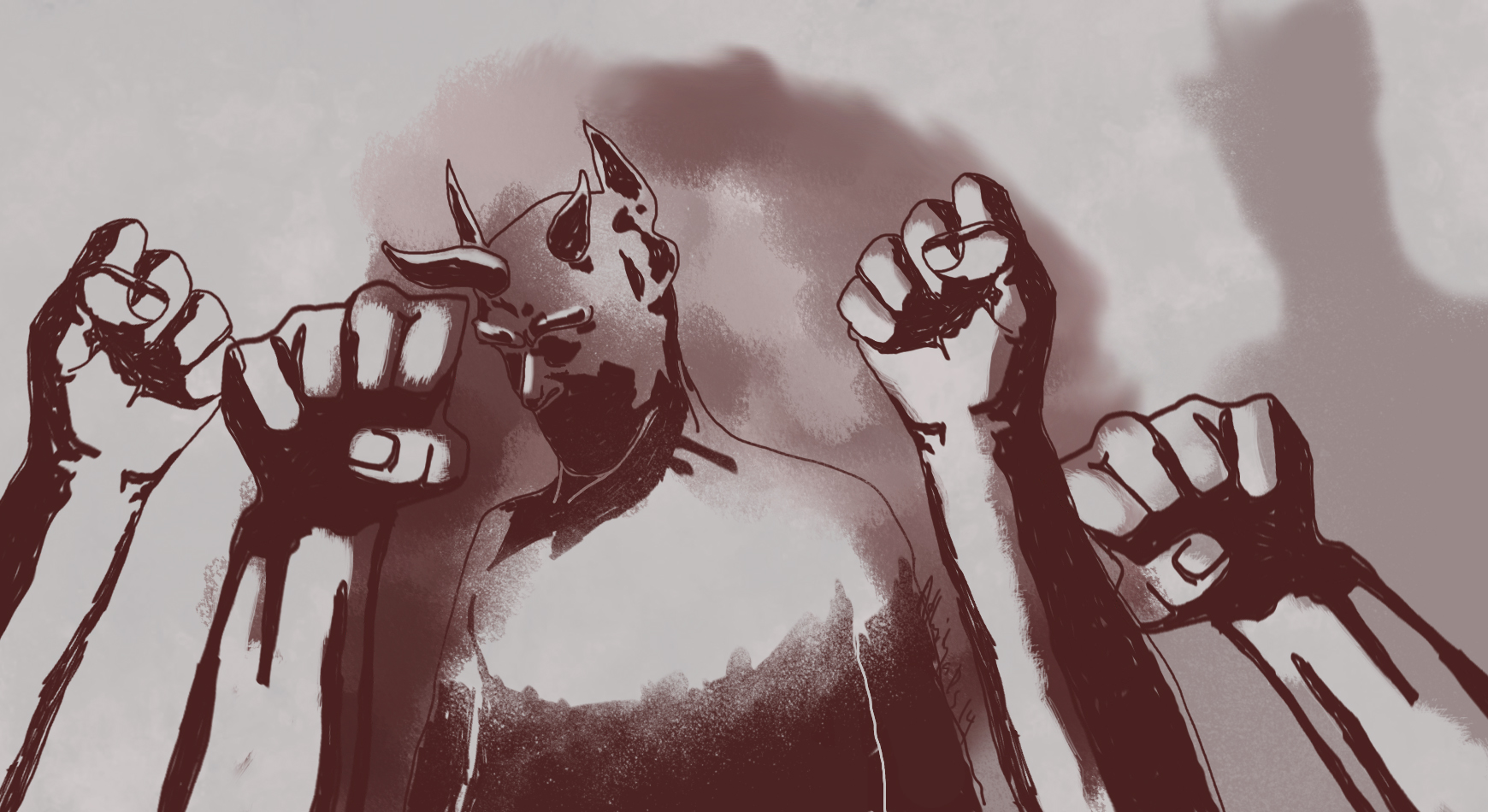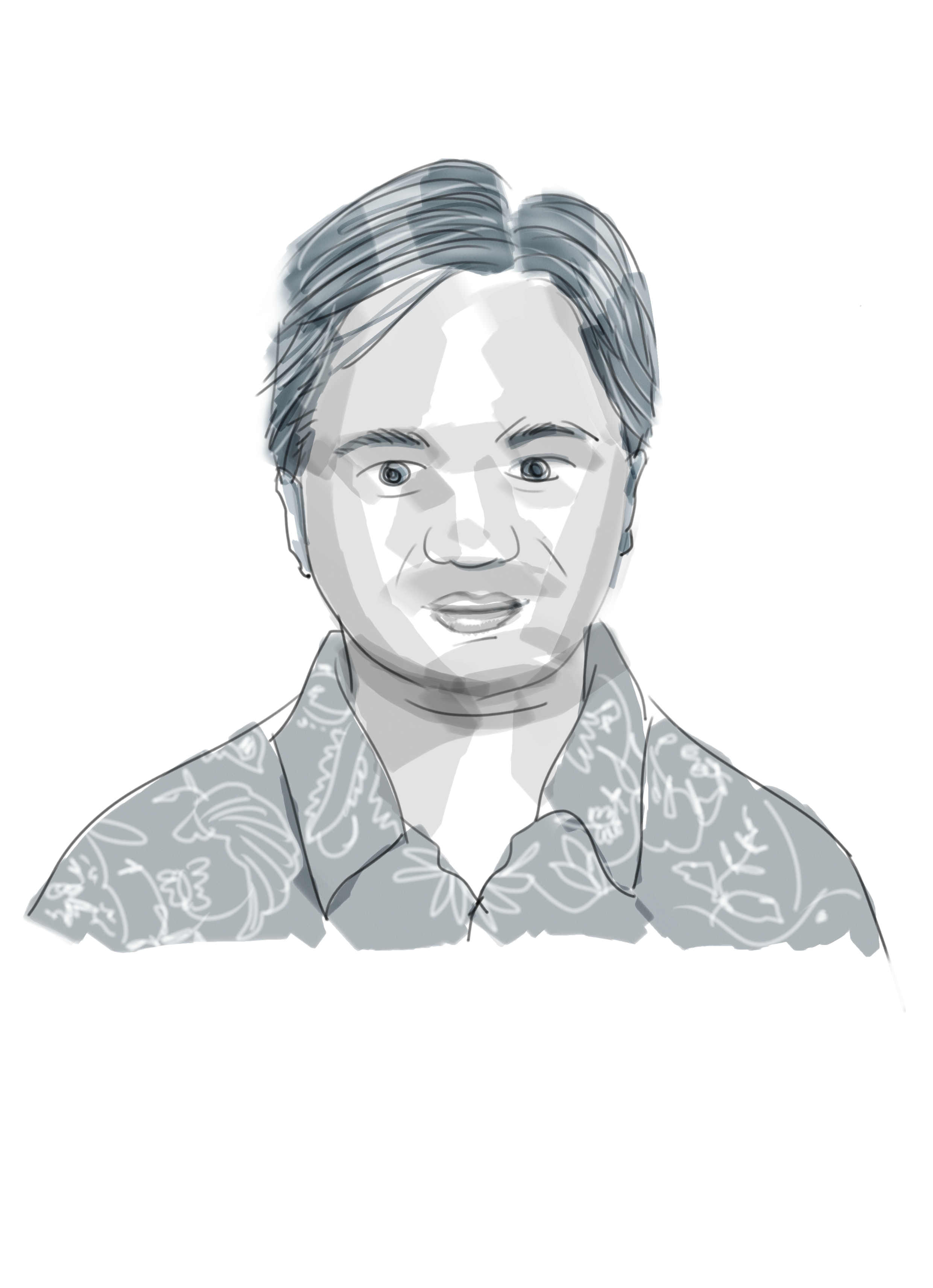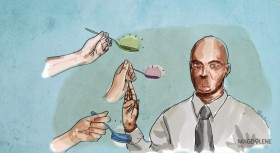You are not alone if you took the Trump-Kim summit in Singapore as a farce. You are also not alone if the summit, or its media coverage, enraged you.
Singaporean independent journalists were tired with how both international and Singaporean media treated the summit, starting with basic errors like placing Shangri-La Hotel on the “secluded” Sentosa Island. Then came the suggestion for Singaporeans to put on a happy face for the camera.
The Singaporean government took the summit as a good and profitable publicity. Journalists being showered with sponsored gifts was one thing; Minister for Foreign Affairs Vivian Balakrishnan sharing a selfie with Kim Jong-un was another. South Koreans and Korean-Americans wished that the meeting would be a step forward for peace in Korea, but no leader in Singapore cared about human rights.
Analysts believe the summit was a victory for Kim Jong-un, who is seeking international legitimacy. No Indonesian would openly admire Donald Trump, but it is acceptable here to like Kim Jong-un. Some find him admirable, a patriot standing up to American imperialism. Even some left-wing people find him amusing, with his ridiculous outfit, hairstyle, and bodyguards who run around his limo. Never mind that he desolates his own land, starves his own people, and killed his own family members.
Five hundred years ago, all kings and emperors had absolute power, and our ancestors lived and died by their whim. The Industrial Revolution brought in new tools in government, including parliament, constitution, and free press. They looked like good tools until the Great War and the Great Depression happened in early 20th century. Totalitarian republics offered alternatives to representative government, and fascist Germany and communist USSR seemed to demonstrate the merit of dictatorship – more grand ideas, more productivity, and more military power. George Orwell was frustrated with fellow British socialists who defended Stalin amid news of large-scale famine and political purge in Soviet Union.
During the Cold War, United States and Soviet Union befriended dictators around the world, with France and China following suit. Washington D.C. and Moscow claimed that they were supporting democracy, against the tyranny of communism or the tyranny of neo-colonialism respectively.
In university I read Talk of the Devil, a story of an Italian journalist who tracked down seven ousted dictators (or their widows) and interviewed them. Riccardo Orizio did not pick Suharto because this dictator was not in exile and was not disgraced. He found Idi Amin spending his day swimming and watching TV in Saudi Arabia. “Baby Doc” Duvalier showed Orizio his voodoo-themed website in Paris. His interview with Nexhmije Hoxha attracted the attention of Albanian police, who arrested him for a night.
I imagine those dictators became laughing stocks of Indonesians in the 1970s. Idi Amin titled himself “The Last King of Scotland” and Enver Hoxha built the Pyramid of Tirana. I grew up with caricatures of Muammar Gaddafi, Saddam Hussein, and Manuel Noriega. Meanwhile, I lived under a dictatorship that gave me the latest American sitcoms and fast food chains, but would quickly denounce American coverage of corruption and human rights violation in Indonesia.
Suharto hardly had fans overseas, but some other dictators have global appeal. I was astonished to learn that American students in late 1960s idolized Mao Zedong, who had killed millions of Chinese through purge, starvation, and controlled revolution. To this day there are Indonesian students who are repulsed by fellow students admiring Hitler, but have no problem admiring Stalin.
Dictators’ biggest selling point is their larger-than-life appearance. For outside audience, they are not boring. They are not typical politicians. Their statements and appearances are amusing. If you dislike United States, anti-American dictators offer fresh take on international politics. Other than that, dictators know how to have fun. They know how to entertain American celebrities and how to spend their time and money on supercars, women, and investments in London and Hollywood. They are either revolutionaries with power or gangsta rappers with power.
Dictators are harmful for their own people. Even when they are not corrupt, dictators choose to build ivory towers instead of communities, channeling millions to build reclaimed islands and a loyal army – even a cyber army these days - instead of public parks and social security system. Citizens of a benevolent dictatorship are proud with their dazzling international airport and luxurious malls. While these citizens may live in the lap of luxury, they know they cannot demand a fairer, more transparent, and more inclusive government.
We are living in a bad time, a time when people lose trust in democracy and prefer strongmen. Some leaders are outright dictators, like Kim Jong-un and Bashar al-Asaad who inherit the country from their fathers and govern with terror. But now men with dangerous ideas are elected democratically. Every election in the world is a crucial battle to keep the world safe or to put it in a deeper harm.
It is never easy to change a dictatorship. Libya is still in anarchy following the fall of Gaddafi. North Korea knows its leverage – China needs a client state, while South Korea, Japan, and United States dread the possibility of millions of North Korean refugees. At the same time, it has become hopeless to count on Washington D.C. to do anything useful in international politics.
Also, be aware: dictatorships know how to play the social media. While Saudi Arabian feminists are still in prison, the kingdom makes sure it looks good, by letting Aseel Al-Hamad, a businesswoman, driving a Formula One car in France. The stunt won’t fool any feminist, but it might be enough to gaslight the world, including some progressive Muslims.
The dictator knows how to seduce us and scare us. For the sake of his own people, don’t fall for his lies. Don’t admire him, don’t think he’s the lesser evil to either United States or radical Islam. People of his land always deserve a better leader.









Comments